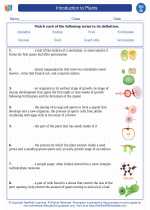Species
In biology, a species is the basic unit of classification and a fundamental concept in understanding the diversity of life on Earth. While there are different definitions and criteria for defining a species, the most widely accepted concept is the biological species concept, proposed by Ernst Mayr in 1942.
Biological Species Concept
According to the biological species concept, a species is a group of organisms that can interbreed and produce fertile offspring in nature. This means that members of the same species are reproductively compatible with each other, while they are reproductively isolated from members of other species. This concept emphasizes the role of reproductive isolation in maintaining the integrity of species.
Criteria for Defining a Species
While the biological species concept provides a general framework for understanding species, in practice, defining a species can be complex, especially when considering organisms that do not reproduce sexually or when dealing with fossils. In addition to reproductive isolation, other criteria that can be used to define a species include morphological differences, ecological niche, genetic distinctiveness, and evolutionary history.
Study Guide
To understand the concept of species, it is important to consider the following key points:
- Definition: Learn and understand the biological species concept and the criteria used to define a species.
- Reproductive Isolation: Explore the different mechanisms of reproductive isolation and how they contribute to the formation and maintenance of species.
- Speciation: Study the process of speciation and the factors that can lead to the formation of new species.
- Species Diversity: Explore the incredible diversity of species on Earth and the importance of preserving and conserving biodiversity.
- Case Studies: Examine specific examples of species and their unique characteristics, reproductive strategies, and ecological roles.
By understanding the concept of species, you can gain insights into the intricate web of life and the mechanisms that drive the evolution and diversity of living organisms.
Good luck with your studies!
.◂Biology Worksheets and Study Guides High School. Introduction to plants
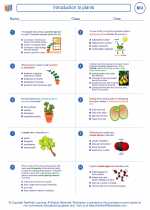
 Worksheet/Answer key
Worksheet/Answer key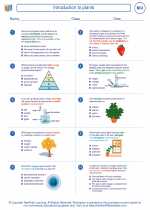
 Worksheet/Answer key
Worksheet/Answer key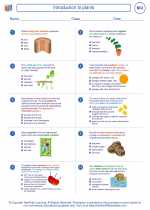
 Vocabulary/Answer key
Vocabulary/Answer key
 Vocabulary/Answer key
Vocabulary/Answer key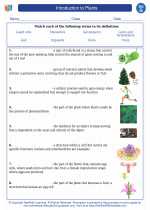
 Vocabulary/Answer key
Vocabulary/Answer key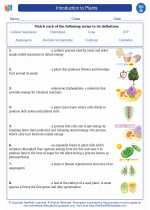
 Vocabulary/Answer key
Vocabulary/Answer key
 Vocabulary/Answer key
Vocabulary/Answer key